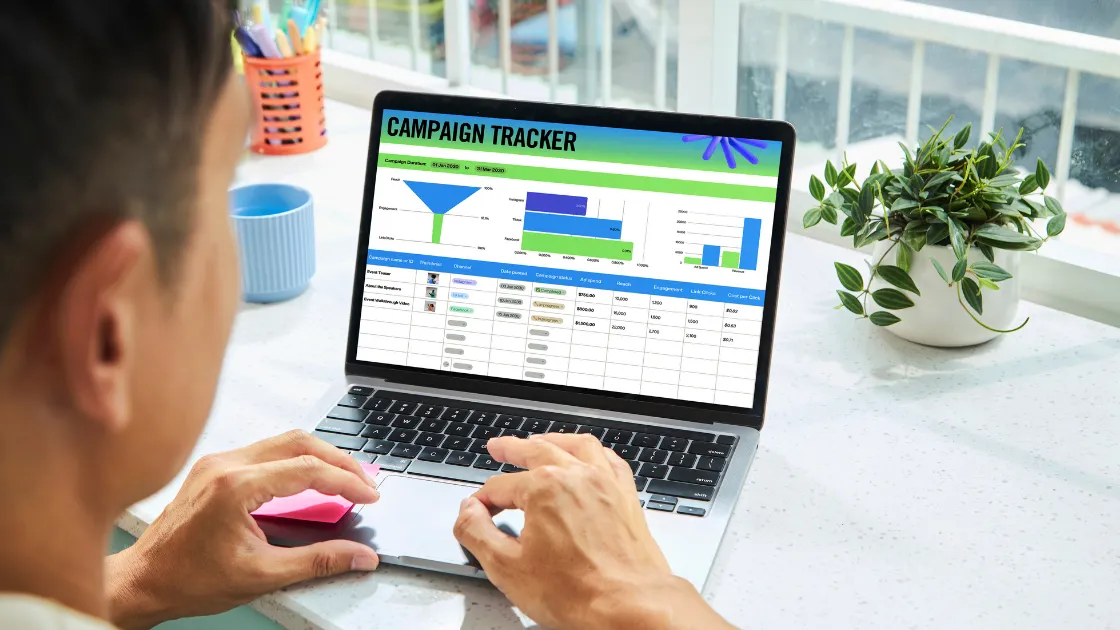
If you’re just starting with digital ads, Google Search Campaigns are one of the most powerful tools to bring targeted traffic to your website. Whether you’re selling a product, offering a service, or promoting a blog, this guide will walk you through everything you need to know — step by step.
What Is a Google Search Campaign?
A Google Search Campaign lets you show text ads on Google when someone searches for specific keywords related to your business.
For example, if you run a digital marketing agency and someone types “SEO services near me”, your ad can appear at the top of the results.
These ads are pay-per-click (PPC), meaning you only pay when someone clicks on your ad.
Why Use Google Search Ads?
- Appear at the top of search results
- Target high-intent users actively searching for your services
- Set your own budget and control costs
- Get measurable results with clear tracking
- Great for local businesses, online stores, and service providers
Step-by-Step: How to Set Up a Google Search Campaign
1. Create a Google Ads Account
Go to ads.google.com and sign in with your Google account. If you don’t have one, it takes just a few minutes to set up.
2. Choose the Campaign Goal
Google will ask you to pick a goal:
- Sales
- Leads
- Website traffic
- Product and brand consideration
- Or you can create a campaign without a goal
For beginners, select Website Traffic or Leads depending on your objective.
3. Select Campaign Type: “Search”
From the campaign type options (Search, Display, Video, Shopping, etc.), choose “Search” to run text-based ads that show up in Google search results.
4. Define Your Target Location
Choose where you want your ads to show:
- Country
- State/Region
- City
- Pin code
- Or within a radius of your business (for local targeting)
Pro Tip: If you serve only one city or state, don’t target all of India — keep it focused.
5. Set Your Budget & Bidding
- Daily Budget: How much you want to spend per day.
- Bidding Strategy: For beginners, choose “Maximize Clicks” or “Maximize Conversions” (if conversion tracking is set up).
You can always adjust your budget later.
6. Add Your Keywords
These are the words or phrases your customers might search for on Google.
Example for a website developer:
- Website design services
- Affordable web developer
- WordPress expert near me
Use Google’s keyword suggestions, or try Google Keyword Planner.
Avoid broad terms like “website” or “SEO” — they’ll cost more and bring irrelevant clicks.
7. Write Your Ad Copy
Create a text ad that includes:
- Headline 1: What you offer (e.g., “Professional Website Design”)
- Headline 2: A benefit or offer (e.g., “Starting at ₹4,999”)
- Headline 3: Trust element (e.g., “500+ Clients Served”)
- Description: Include your USP and a CTA (e.g., “Contact Now for a Free Demo”)
Keep it clear, relevant, and keyword-focused.
8. Add Ad Extensions (Optional but Powerful)
Extensions add extra info to your ad — and boost performance.
Popular ones:
- Call Extension – add your phone number
- Sitelink Extension – link to other pages (e.g., Portfolio, Pricing)
- Location Extension – show your business address
- Callout Extension – add short highlights (e.g., 24×7 Support, Free Consultation)
9. Set Up Conversion Tracking (Highly Recommended)
You should know what happens after someone clicks your ad. Use conversion tracking to measure:
- Form submissions
- Purchases
- Phone calls
- WhatsApp clicks
This helps optimize your campaign and improve ROAS.
10. Launch & Monitor Your Campaign
Once everything looks good, publish your campaign.
Then:
- Check performance daily for the first week
- Pause non-performing keywords
- Improve ads with better headlines and descriptions
- Gradually scale your budget based on results
Extra Tips for Beginners
- Use Negative Keywords: Block irrelevant searches (e.g., “free,” “job,” “training”).
- Start Small: Run ads with a small budget and increase as you learn.
- Optimize Landing Pages: Make sure the page you’re sending traffic to is fast, clear, and has a CTA.
- Track Results in Google Ads & Google Analytics.
Final Thoughts
Google Search Ads are a powerful way to get leads, traffic, and sales — especially when done right from the start. Don’t rush. Understand your audience, choose the right keywords, and write ads that speak directly to their intent.
If you’re consistent with testing and learning, even a small budget can bring big returns.


